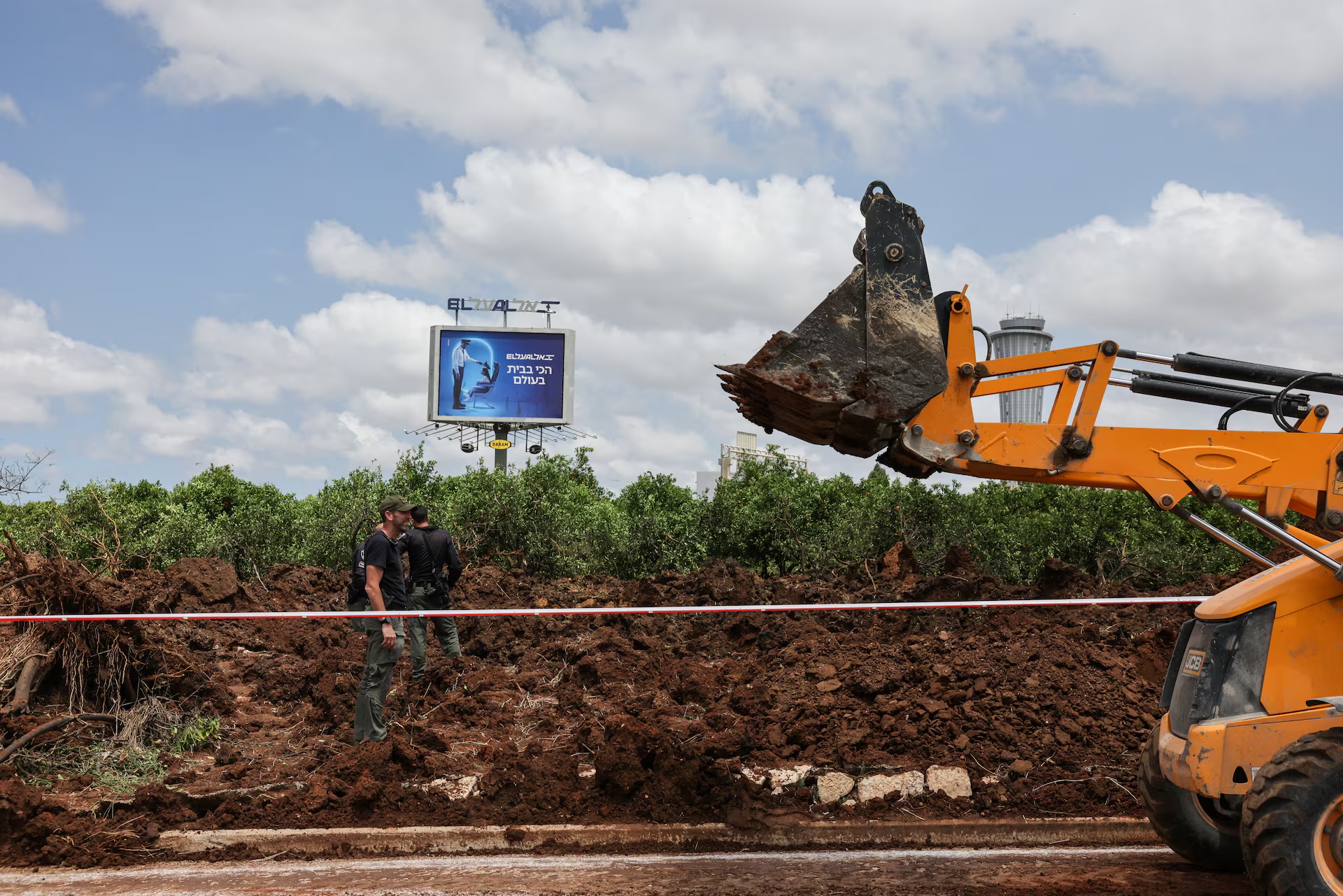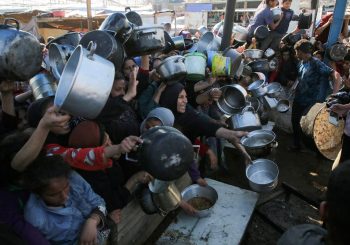Israeli Prime Minister Benjamin Netanyahu has vowed to strike back against the Houthis in Yemen and their “Iranian terror masters” after they fired a missile on 4 May at the country’s main international airport.
On Sunday 4 May, Netanyahu stated on X that Israel would retaliate against the Houthi attack “at a time and place of our choosing.” He also noted on Telegram that Israel had previously taken action against the Houthis and would do so again in the future.
“It will not happen in one bang, but there will be many bangs,” he added.
The missile strike caused a cloud of smoke and temporarily disrupted flights and commuter traffic at the airport. Several international airlines have canceled flights to and from Tel Aviv for the next few days. At least six people sustained minor injuries.
The Israeli military acknowledged several unsuccessful attempts to intercept the missile and stated that an investigation is underway into the malfunction of its air defense systems, including the long-range Arrow and the U.S.-supplied Terminal High Altitude Area Defense (THAAD)system. The attack occurred just hours before top Israeli cabinet officials were scheduled to vote on escalating military action in the Gaza Strip, while the army began mobilizing thousands of reservists in preparation for a potential broader offensive in the area.
Later on Sunday, the Houthis announced plans to enforce “a comprehensive aerial blockade” on Israel by repeatedly targeting its airports, in response to Israel’s intention to escalate military operations in Gaza.
Israeli Defense Minister, Israel Katz, responded by warning that “anyone who strikes us will be hit back seven times harder.”
Netanyahu later reiterated that the Houthi attacks were directed by Iran, and vowed that Israel would respond to both the Houthis and Iran “at a time and place of our choosing.”
Since the start of the Israeli war on Gaza in October 2023, the Houthis, who control much of northern Yemen, have repeatedly launched missiles and drones toward Israel and attacked Israeli-linked ships in the Red Sea, expressing support for the Palestinian cause.
The group paused its attacks during a two-month ceasefire in January 2025, mediated by Egypt, Qatar, and the United States.
However, the Houthis resumed their strikes after Israel imposed a deadly blockade on Gaza on 2 March . Their attacks escalated further following Israel’s end to the ceasefire on 18 March and the continued violence in Gaza.






Comments (0)